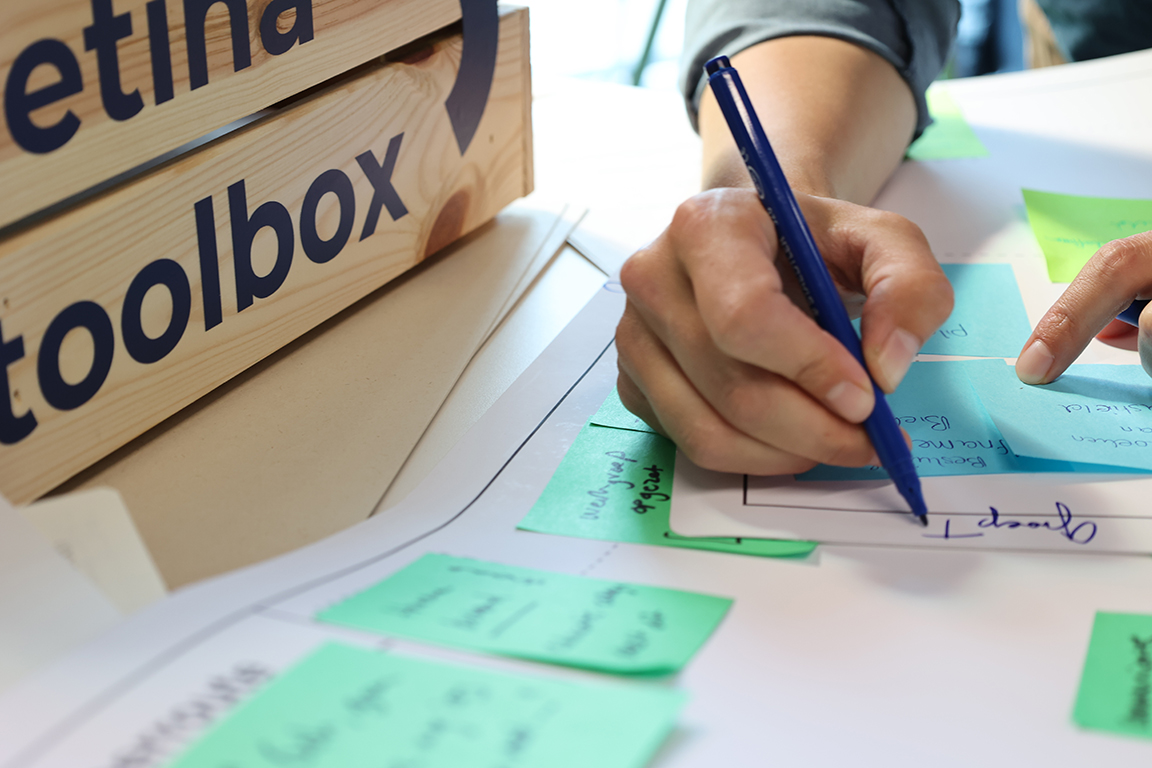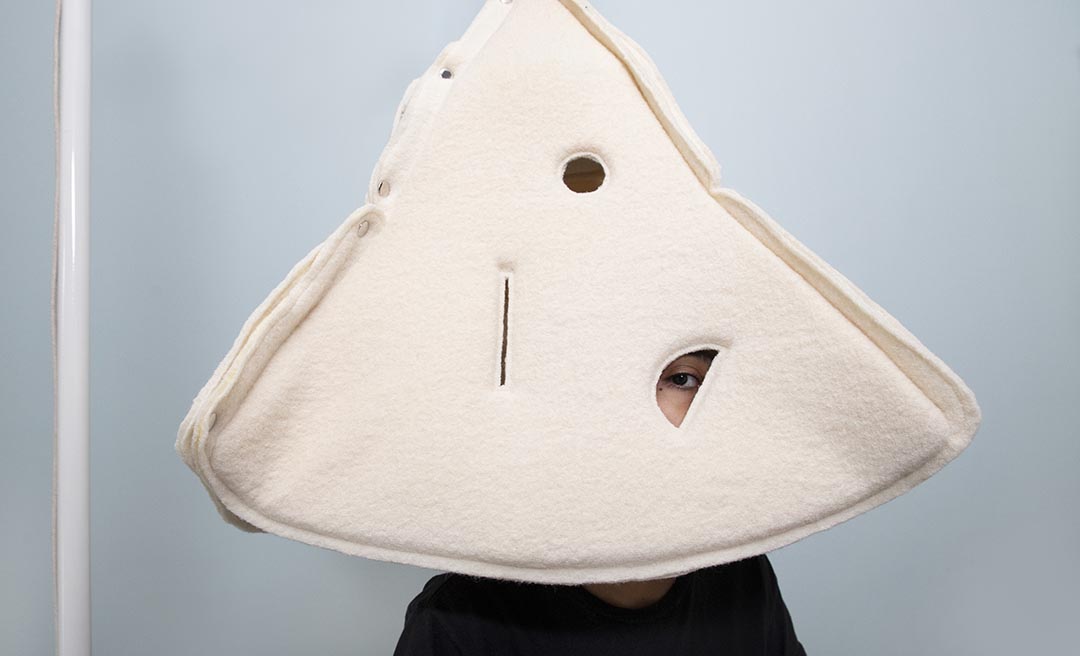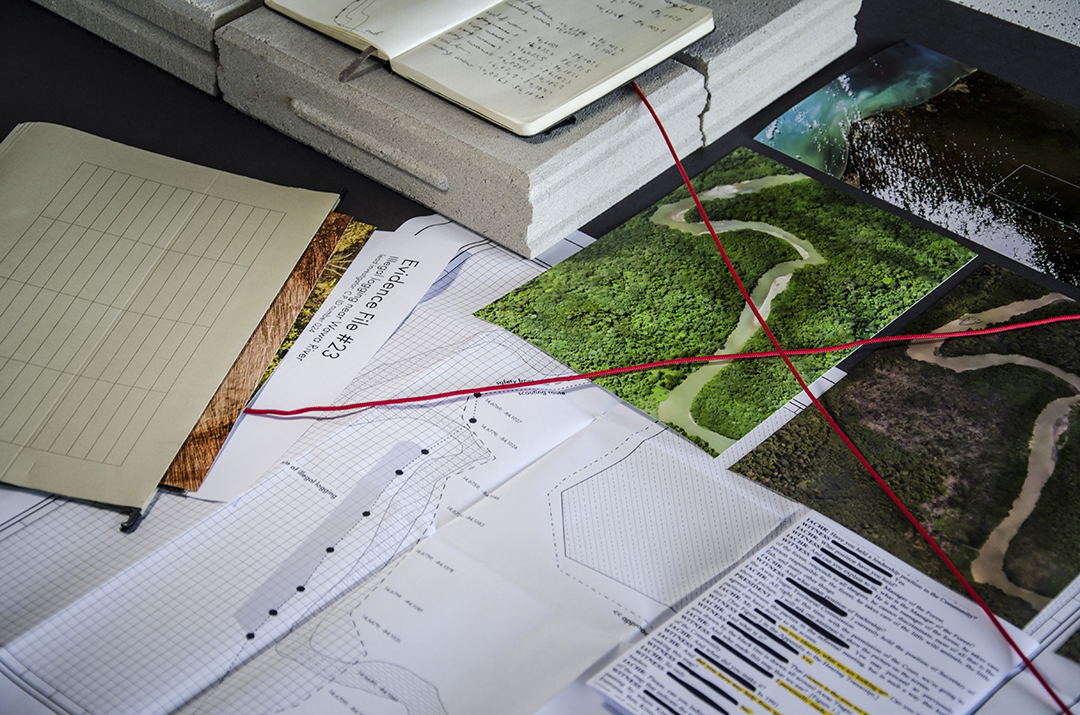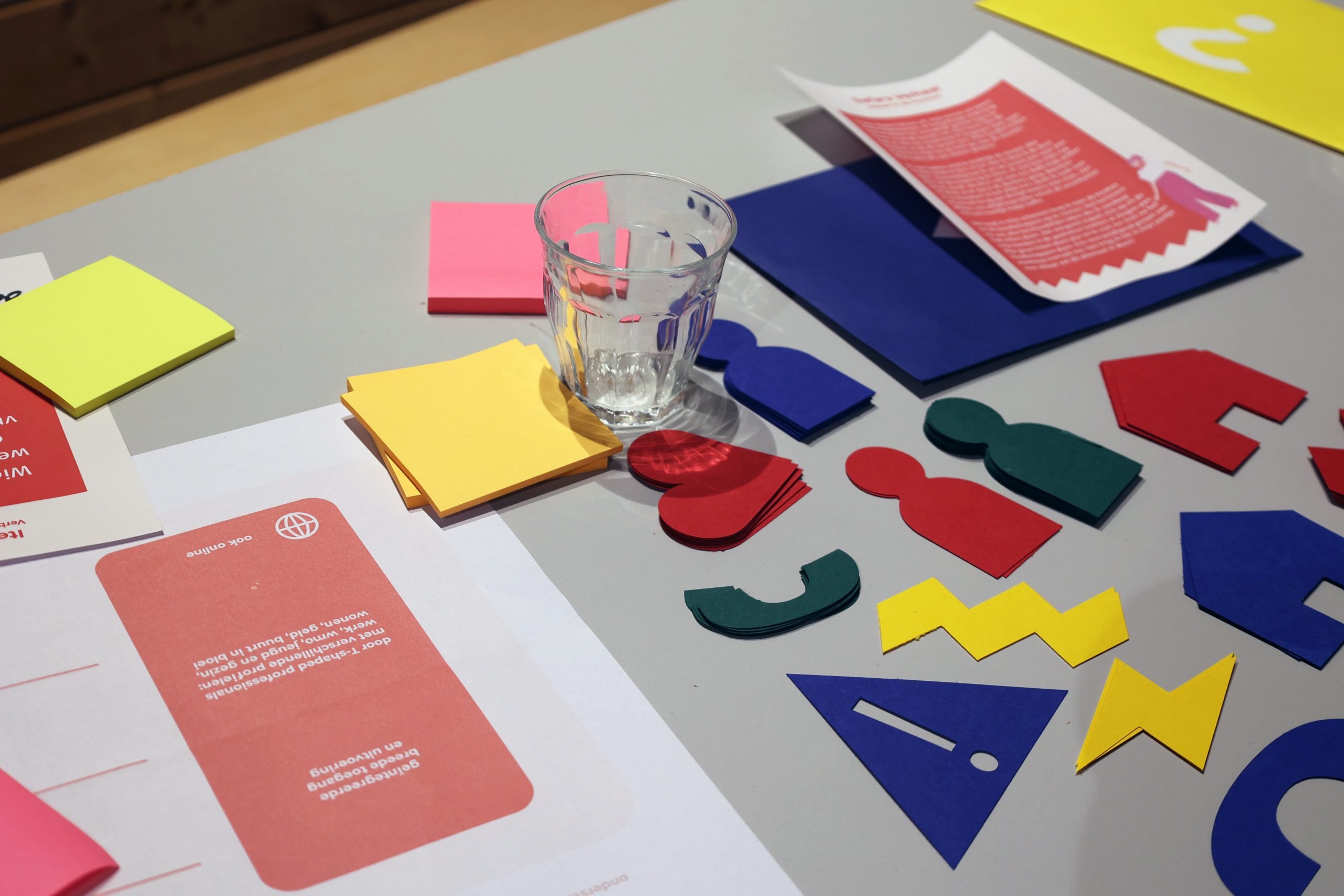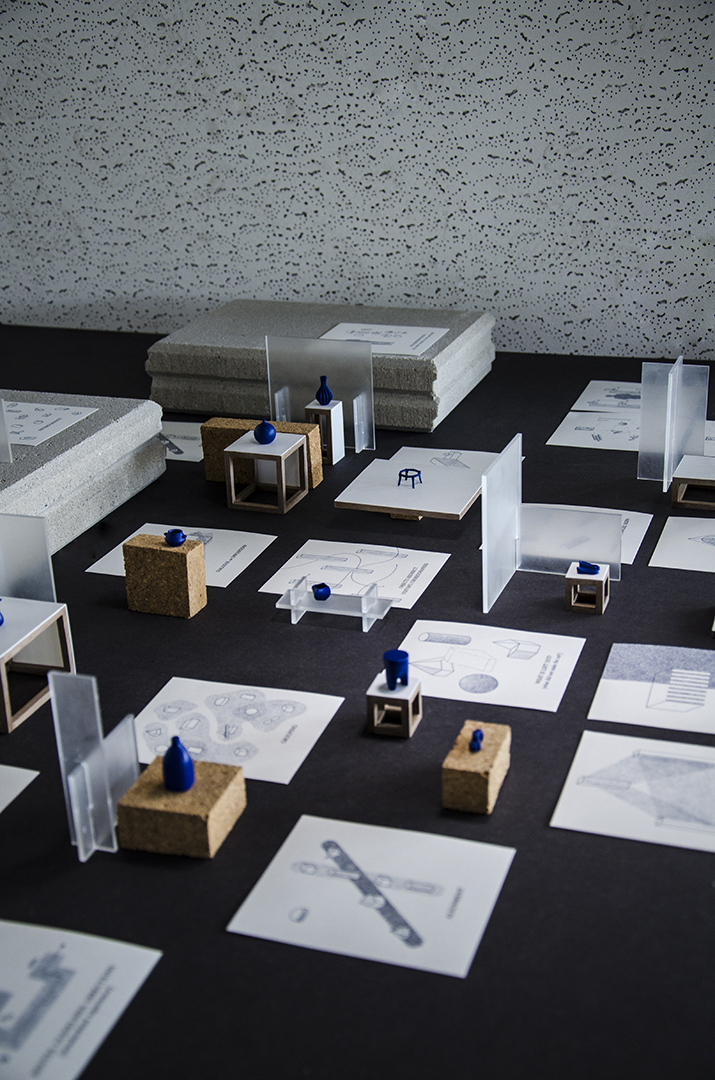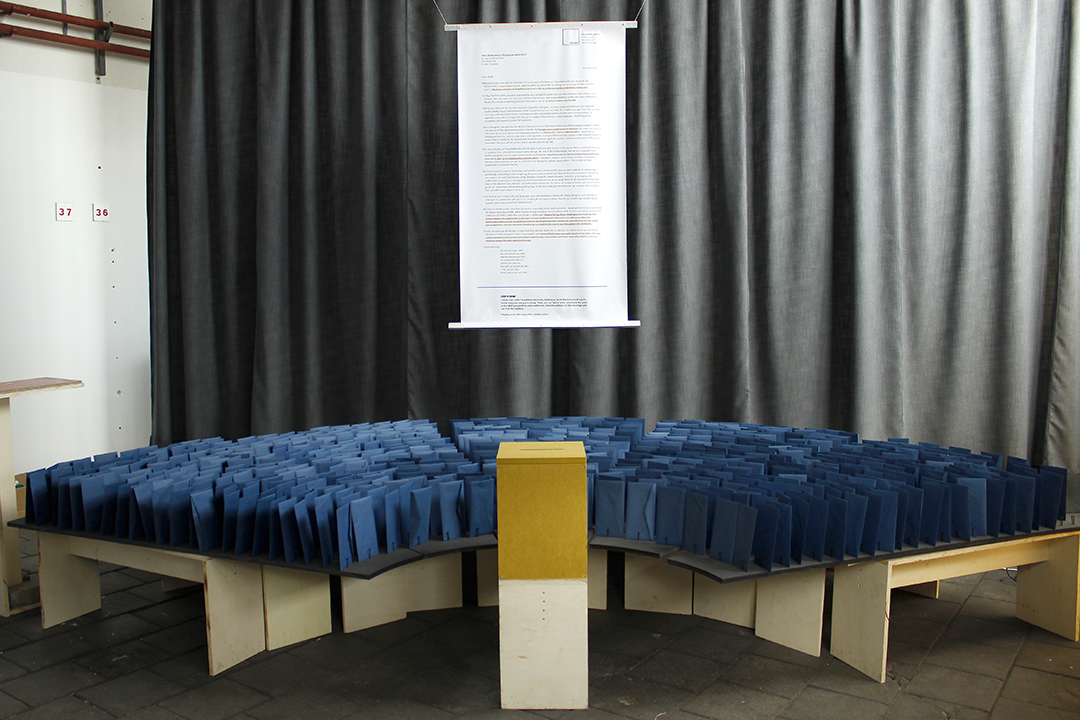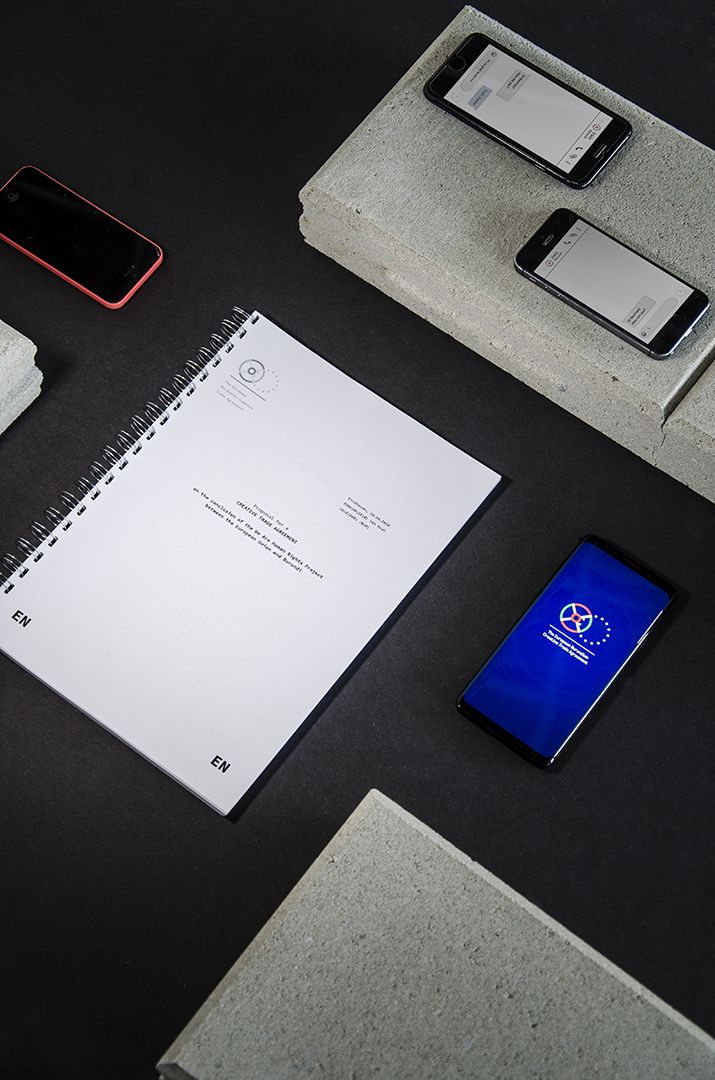A training facility for artificial intelligence (AI)
What kind of ethical code would people like to see programmed into artificial intelligence and algorithms?
Responses and results
The relationship between artificial intelligence and human beings, and the ethical implications of that relationship in particular, was central to the research project. Visitors responded with both fascination and eagerness as well as disgust and fear. Reactions ranged from an enthusiastic ‘amazing that I am finally asked how I think machines should work’ to the more apprehensive ‘I don’t think machines should be able or allowed to make such decisions for humans.’
Reach
The Moral Lab was developed in collaboration with Dr. Bart Wernaart of Fontys Hogescholen, Eindhoven. During Dutch Design Week 2019, over 700 visitors participated in the research project. Furthermore, The Moral Lab and social designer Bernhard Lenger headlined the VPRO television program De Toekomstbouwers.
